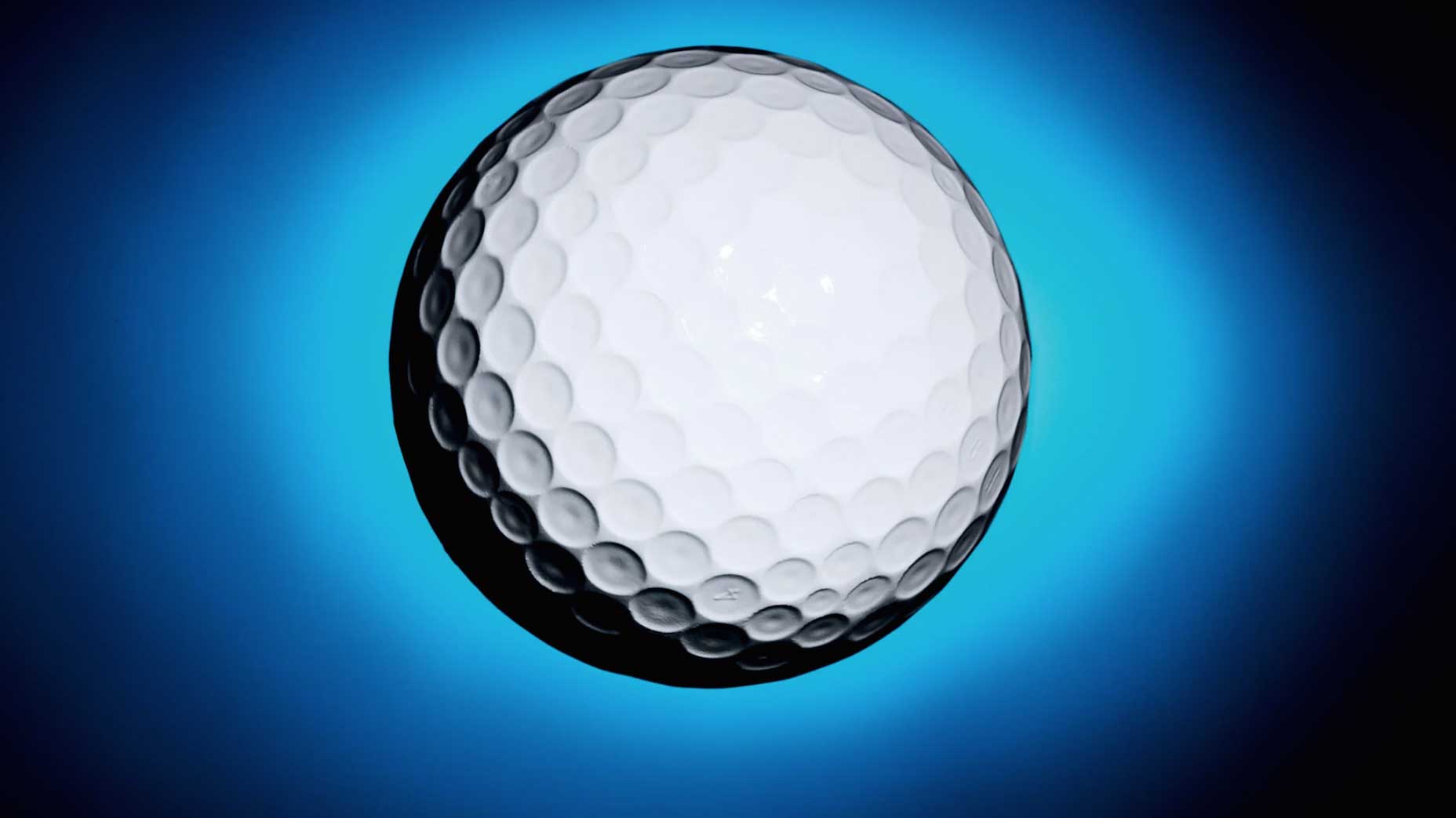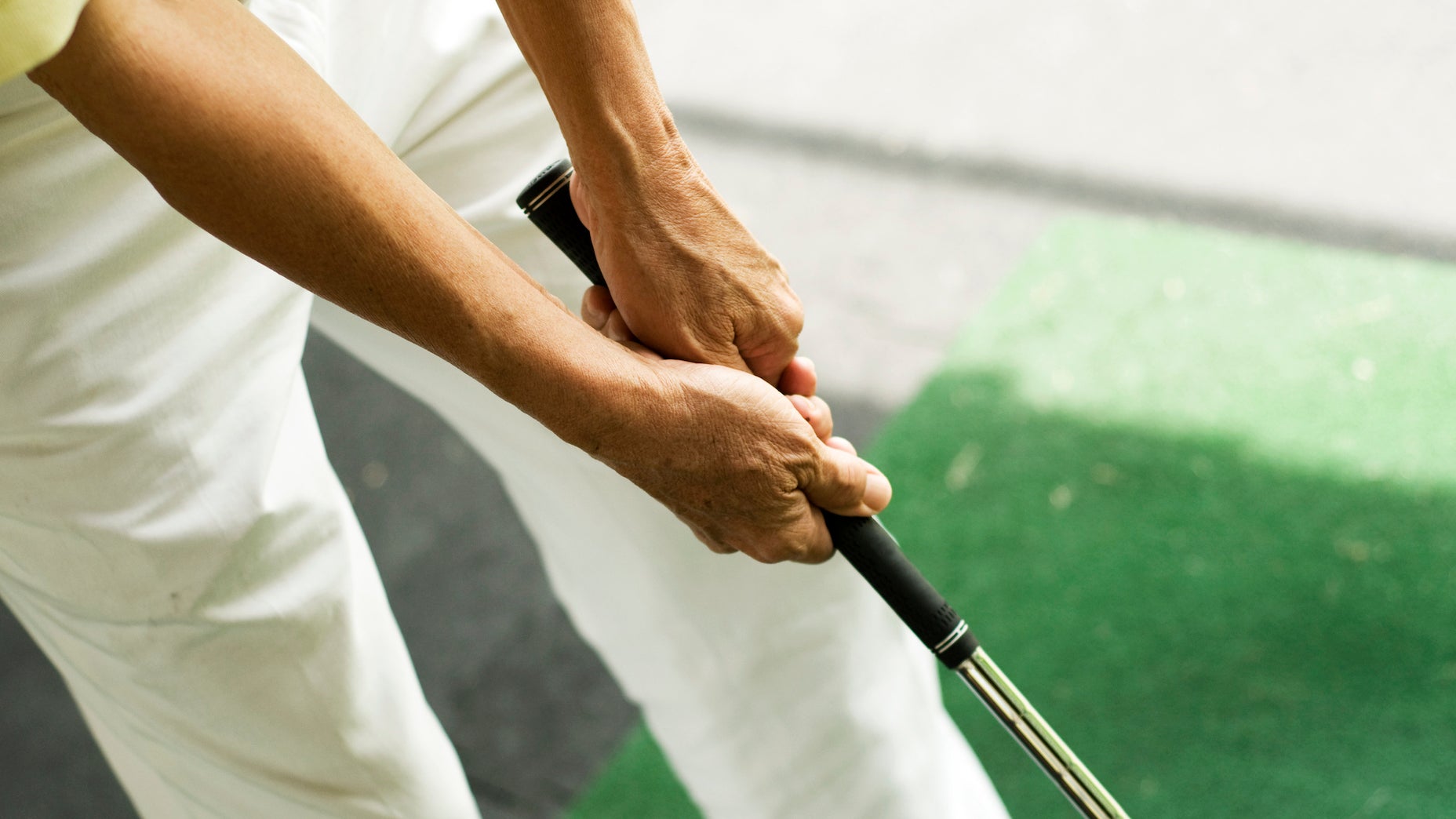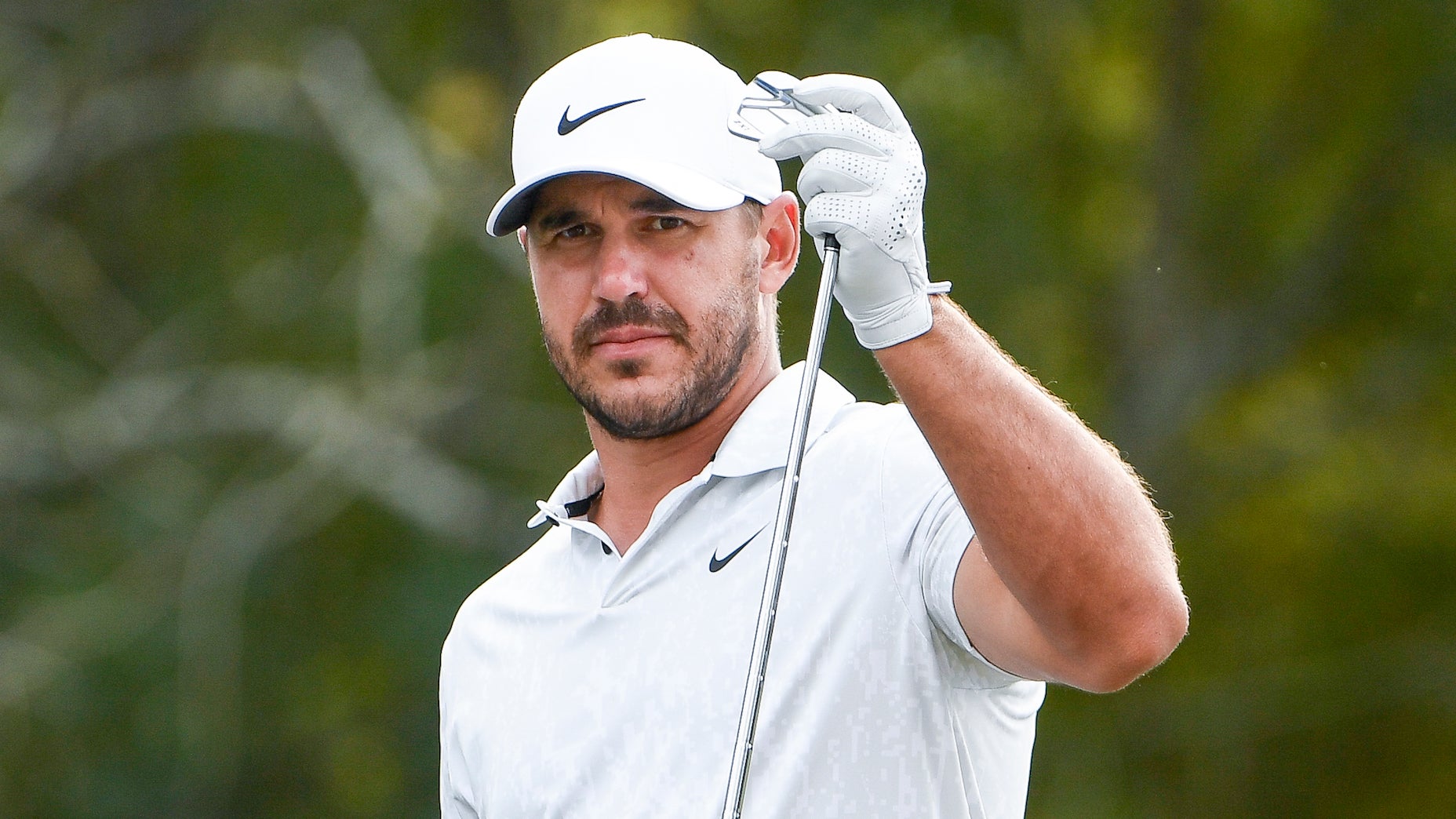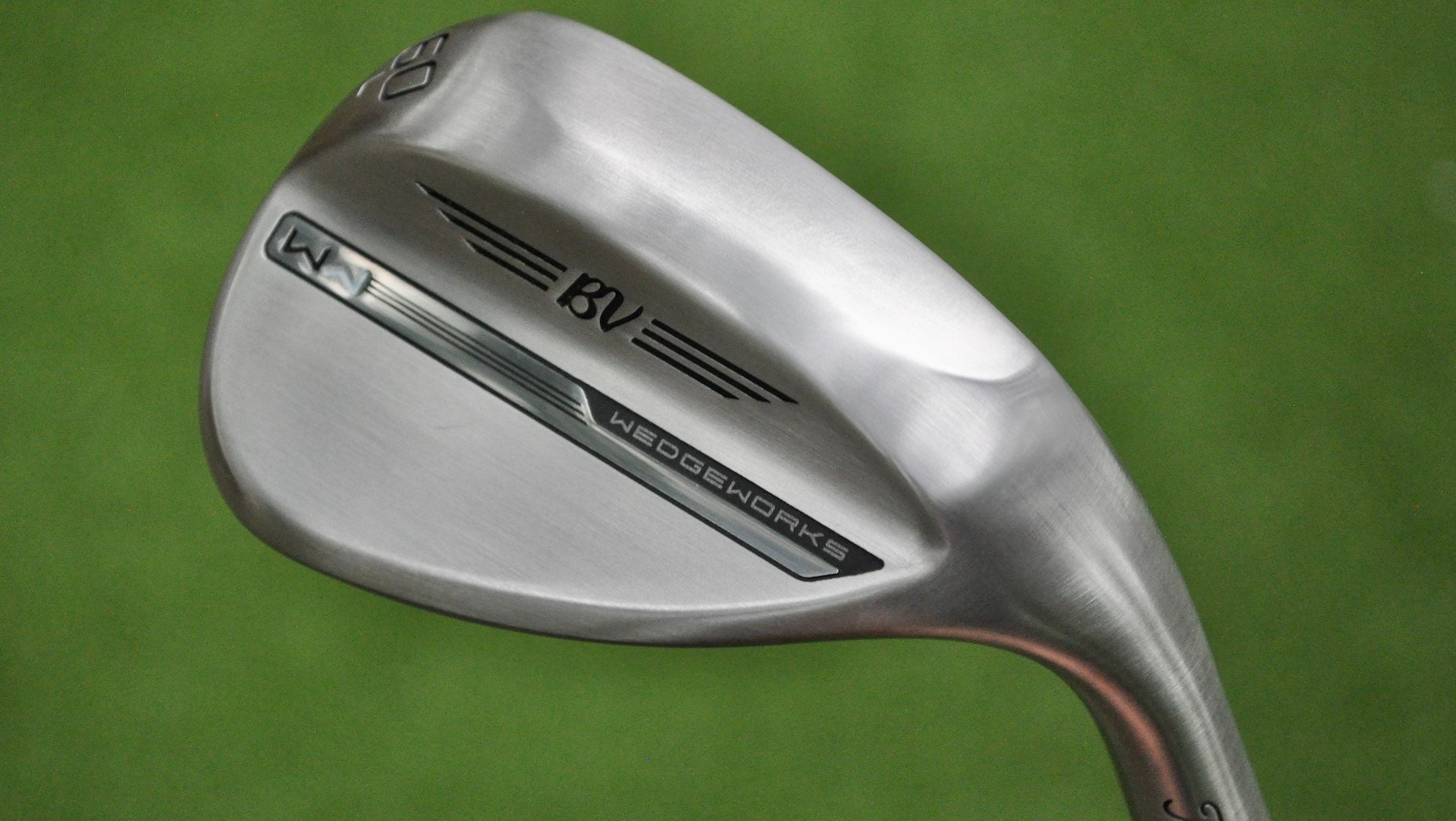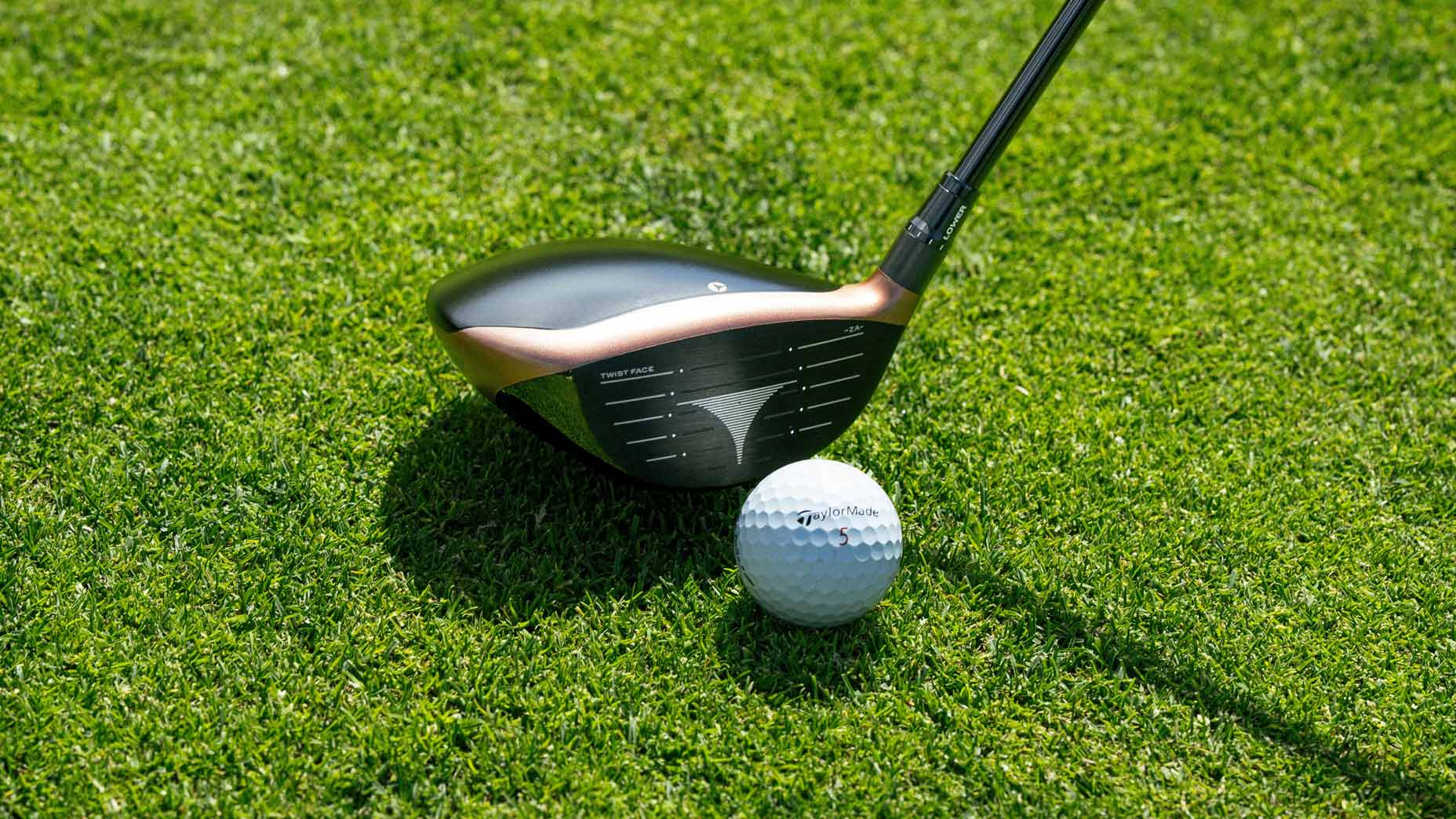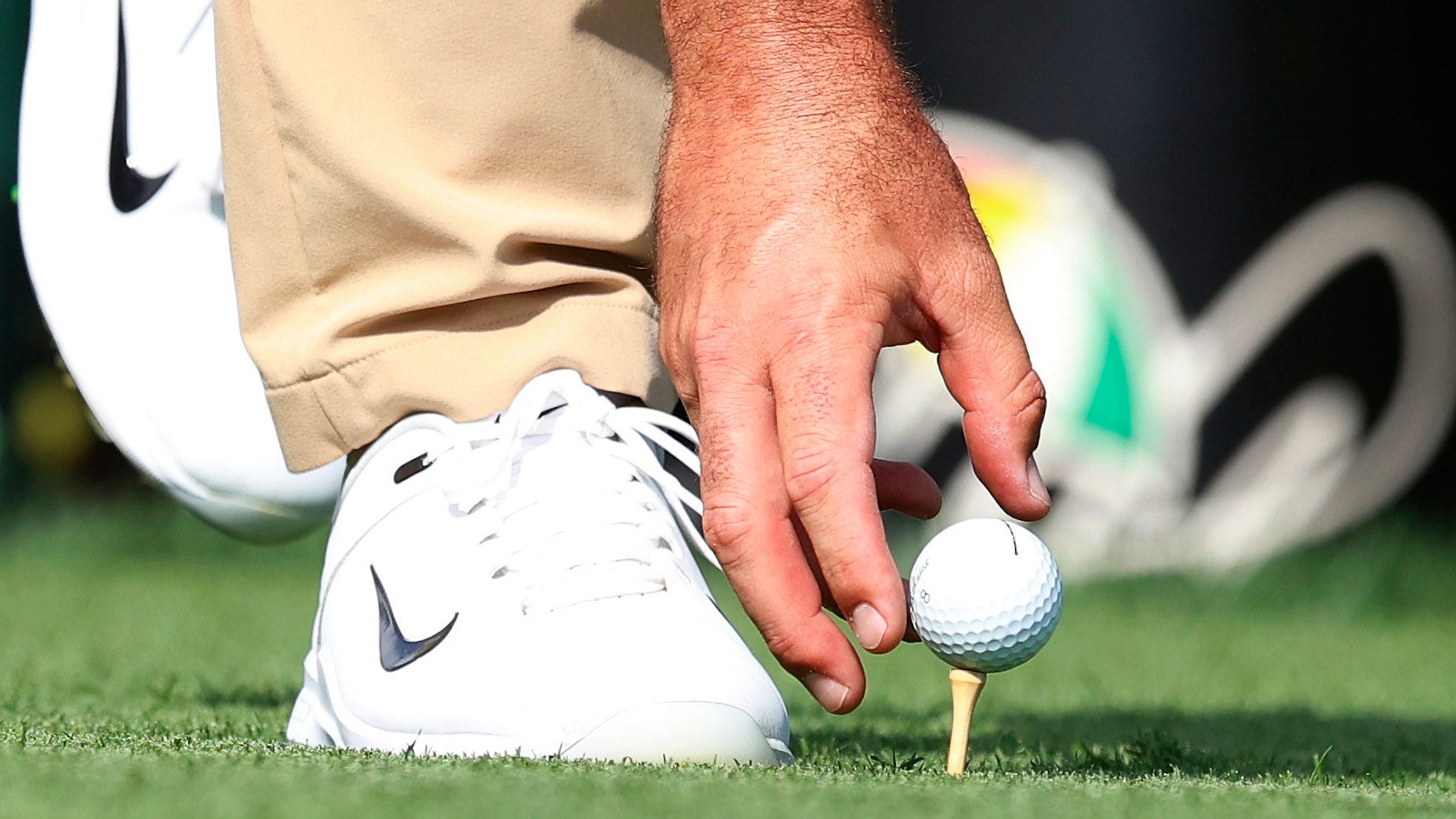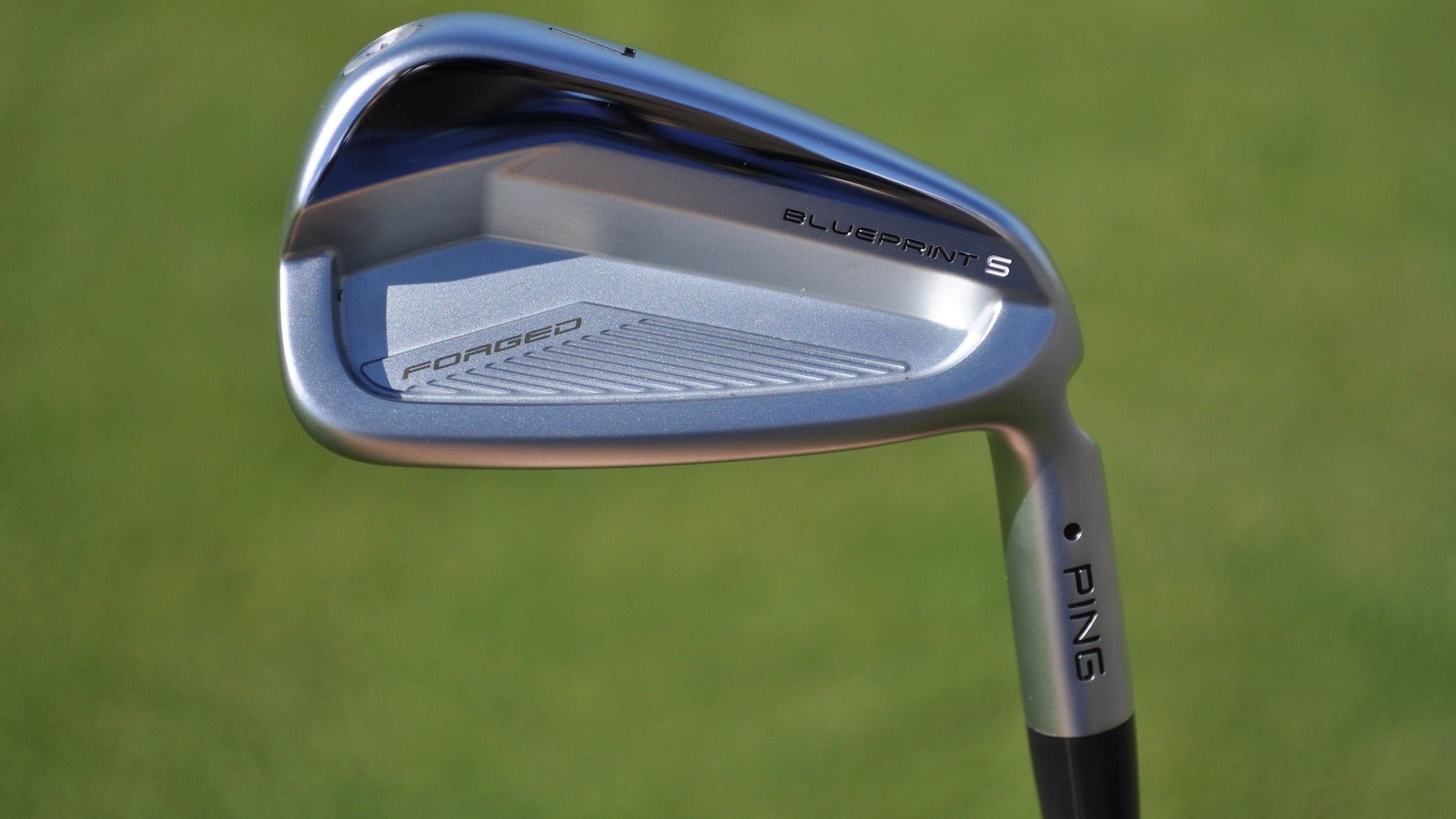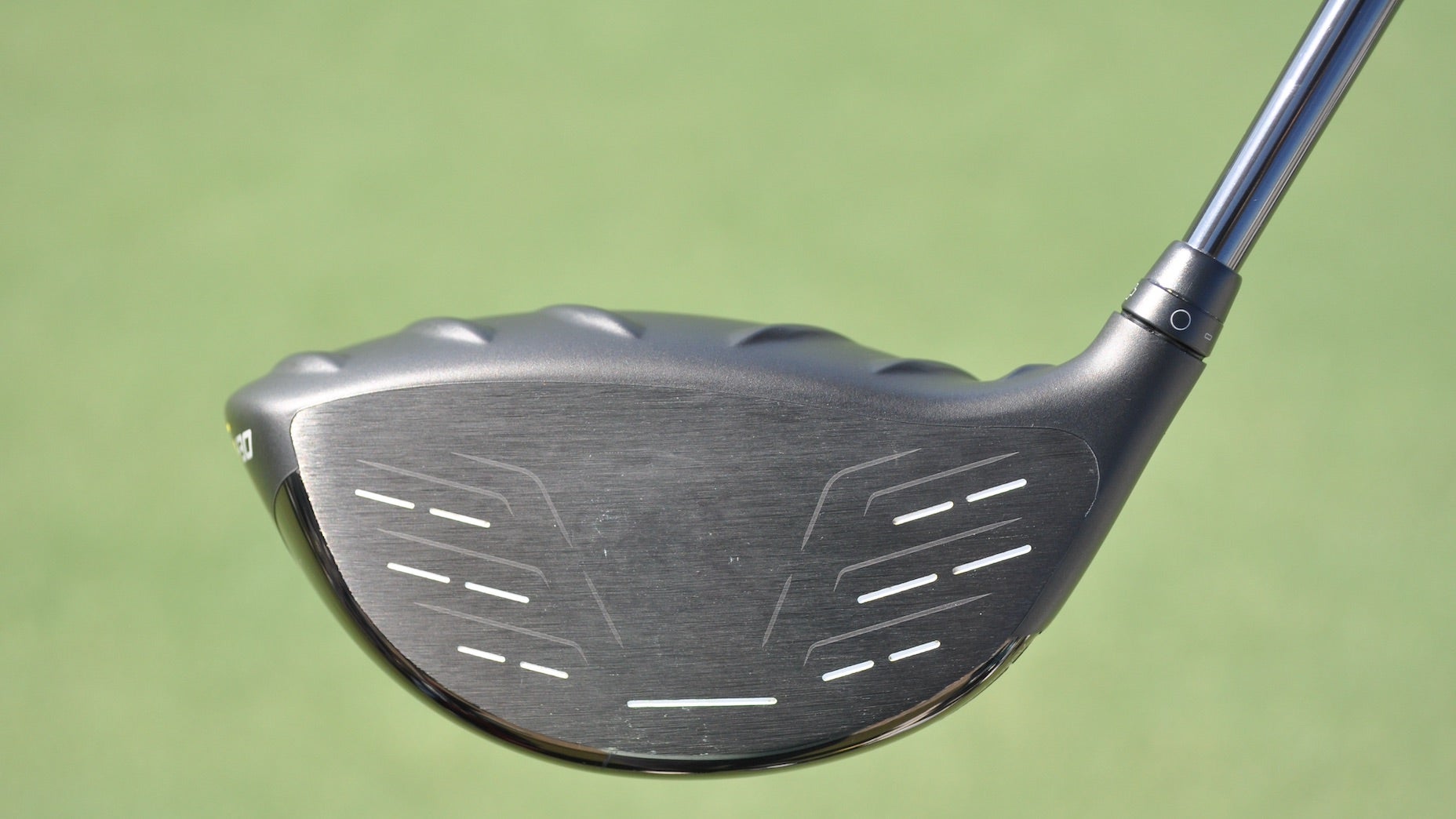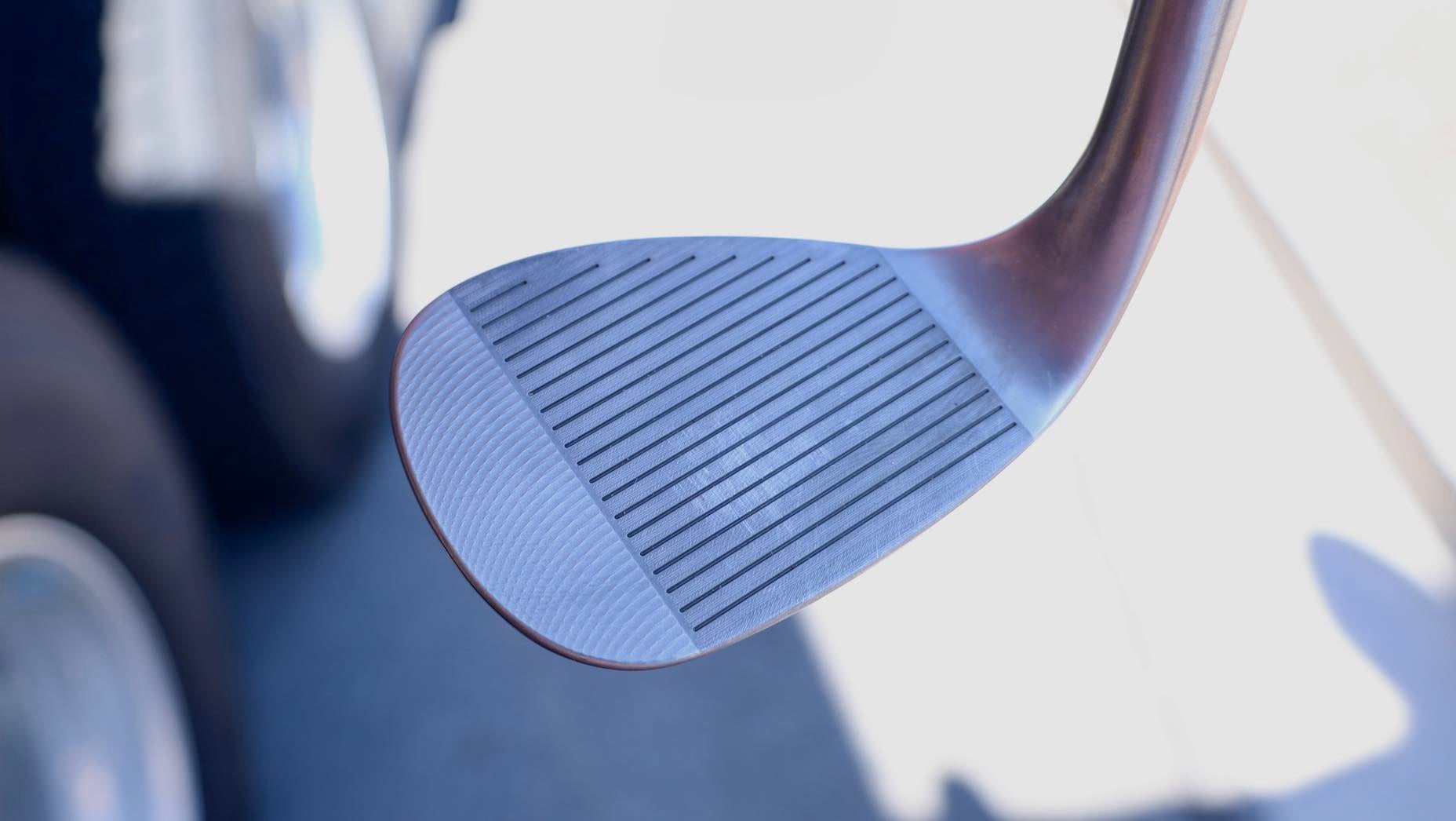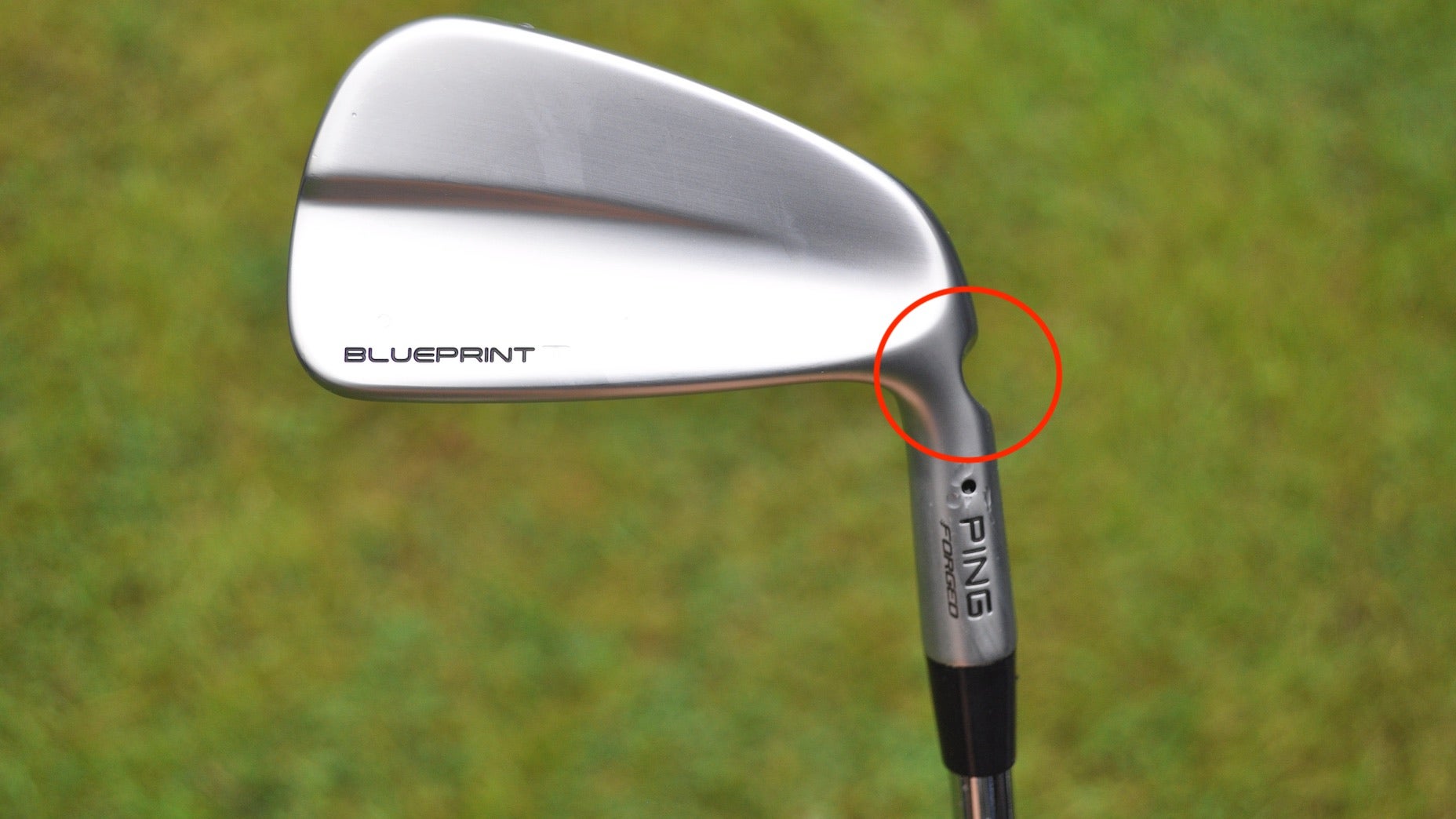Welcome to another edition of the Fully Equipped Mailbag, sponsored by Cleveland/Srixon Golf, an interactive GOLF.com series in which we field your hard-hitting gear questions.
I found a couple sleeves of golf balls in my garage the other day. I’m guessing they’ve been in there for two years or so. Are they still good?
Let me guess — you pulled out your travel bag and found some left over balls from that trip you took to Myrtle Beach a couple of years ago? Or maybe they were tucked behind some paint cans? Either way, you’ve found some golf balls that are neither used or new, and your question is a good one.
Let’s not belabor the point and get on with it. Yes, they are most likely still fine at a mere 24 months old, and probably will perform just as well as a new ball, barring it’s the exact same model.
Note, the “most likely” part, though. Like everything on earth, golf balls will eventually decay into a pile of dust at some point. Be it 100 years, a million years, or somewhere in between or beyond. The key to golf ball longevity is in how they’re stored.
Fully Equipped Mailbag: How do different grips affect my golf swing?By: Ryan Noll
Garages tend to be popular spots for golf equipment storage, but most of them aren’t ideal because of the lack of insulation and fluctuations in temperatures and humidity. Unless yours doesn’t get too hot or cold and you can keep temps hovering in the 70-80 degree range, it’s probably best to store not just your golf balls, but all your equipment in a space inside your home or office.
Same goes for sun exposure and humidity too. You want to store your golf balls in a dry area and out of the sun’s harmful UV rays to help preserve the structural integrity of the ionomers, rubber compounds and other materials used in the modern ball. By the way, when golf balls were made of wound rubber with liquid cores and soft, porous Balata, they lost their pop a lot faster than to modern-day golf balls—no matter how they were stored. This is not the case with the modern two, three, four, or even five-piece ball. With proper TLC, some manufacturers say their golf balls will last five years or more, again so long as you don’t subject them to the elements, excessive humidity and so forth.
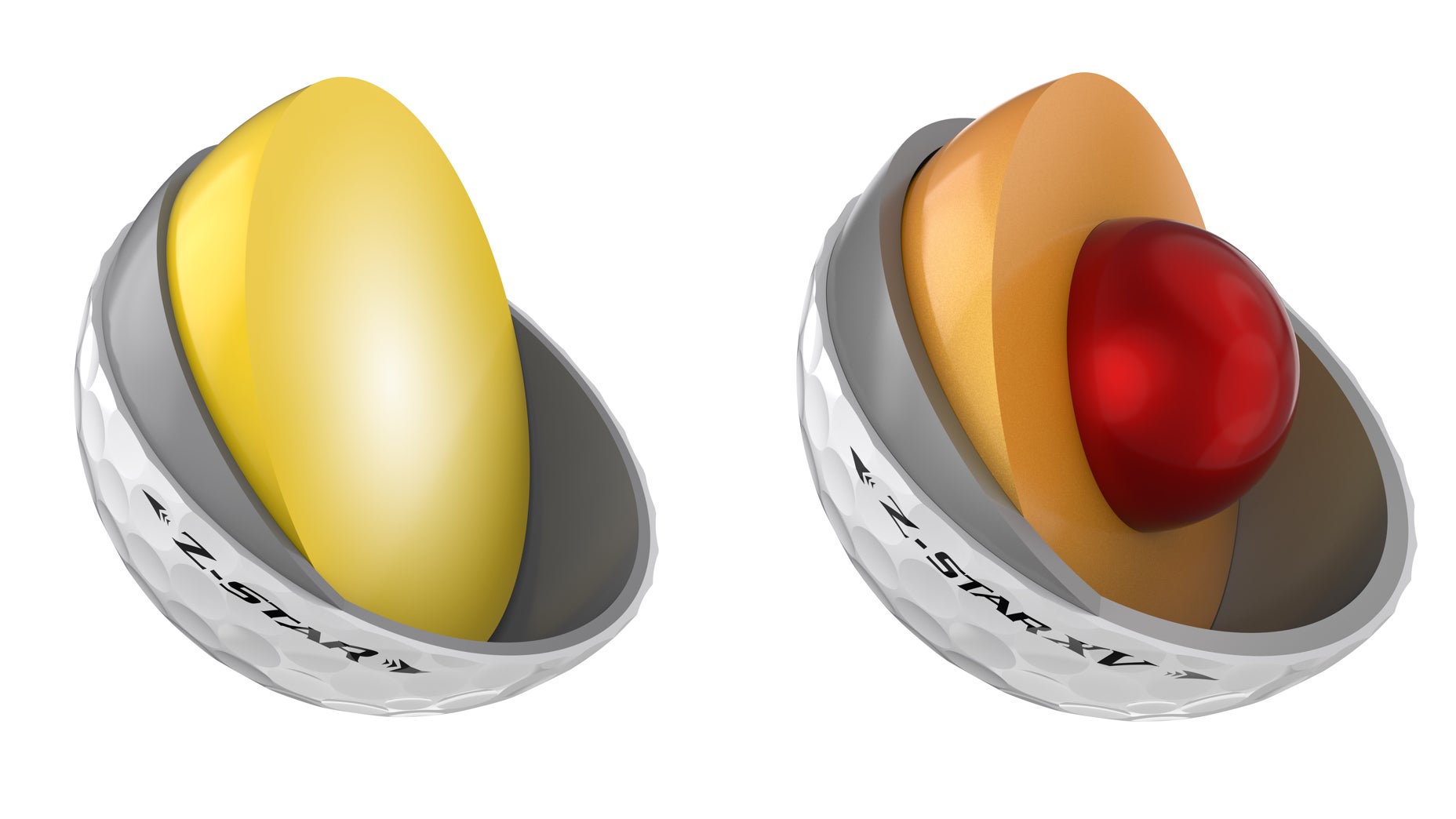
Srixon Z Star and Z Star XV
Which bears in mind, your question reminds us of a handful of follow-up and/or related questions we’re seen through the years. The first pertains to how long golf balls that have been fished out of lakes last. The obvious answer is not long, since waterlogged balls are subject to degradation exponentially faster than a golf ball stored in a golf bag, closet, or even a garage. Some studies suggest it takes only hours for water to seep into the cover.
Another question pertaining to the longevity of a golf ball has to do with how much you use it. In other words, can you wear out a golf ball like you can a tennis ball? The answer to that one is no. You’re more likely to damage or wear out the dimples long before you compress it enough times to soften its composition. It’s not even close.
Fully Equipped mailbag: What do pros do differently than amateurs with their equipment?By: Andrew Tursky
Here’s the takeaway. An old golf ball that you stumble on laying around the house or in your golf bag will likely perform as good or very close to how it performed when you bought it. If you find one outside on a golf course, that’s been subject to weather, the sun, and major temperature changes, it has a chance of being less resilient.
Also, and perhaps more consequentially, in recent years we’ve seen huge gains in golf ball technology. This means today’s balls are significantly better than models from as little as two or three years ago. Manufacturers are developing new covers, dimple patterns and multi-layer compositions to fit virtually every type of player with whatever combination of distance, spin and feel they want.
You’re probably shorting yourself using an older ball because today’s newer balls are just plain better — not because it’s been subject to a few extra months hiding away in an old shoebox.
Want to overhaul your bag for 2022? Find a fitting location near you at GOLF’s affiliate company True Spec Golf. For more on the latest gear news and information, check out our latest Fully Equipped podcast below.
